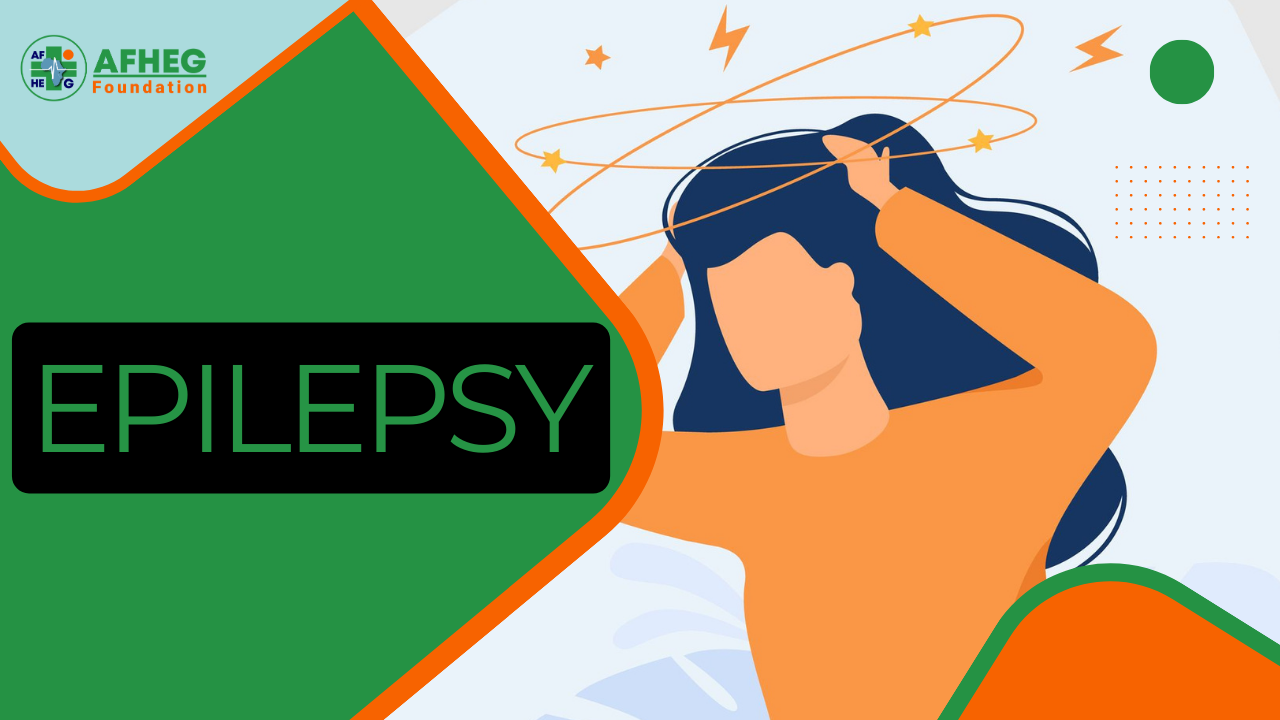Debunking Epilepsy Myths: Separating Fact from Fiction for Better Understanding
Epilepsy, a neurological disorder characterized by recurrent seizures, has been subject to various myths and misconceptions over the years. These misunderstandings can lead to stigma, fear, and discrimination against individuals living with epilepsy. In this article, we aim to dispel some of the common myths surrounding epilepsy and provide relevant facts to foster a better understanding of this condition.
Myth 1: Epilepsy is Contagious
Fact: Epilepsy is not contagious. It is a medical condition resulting from abnormal brain activity, and it cannot be transmitted through contact or exposure to someone with epilepsy. It is essential to treat individuals with epilepsy with empathy and support, just as we would with any other medical condition.
Myth 2: People with Epilepsy are Mentally ill or Intellectually Disabled
Fact: Epilepsy is a neurological disorder that affects the brain’s electrical activity, and it is not synonymous with mental illness or intellectual disability. People with epilepsy can lead fulfilling lives, pursue education, and hold jobs like anyone else. While some individuals may have cognitive challenges, many others have normal cognitive abilities.
Myth 3: Swallowing One’s Tongue During a Seizure
Fact: It is physically impossible to swallow one’s tongue during a seizure. During a seizure, individuals may experience involuntary movements, including clenching of the jaw or biting the tongue, but swallowing the tongue is not a possibility. It is crucial not to put any objects into the person’s mouth during a seizure, as it may cause harm.
Myth 4: Only Children Can Have Epilepsy
Fact: Epilepsy can affect individuals of all ages, from infants to the elderly. While it is true that some types of epilepsy are more prevalent in children, epilepsy can develop at any stage of life. Aging, brain injuries, and other factors can also contribute to the onset of epilepsy in adulthood.
Myth 5: Epilepsy is Always Caused by Brain Damage
Fact: While brain injuries can cause epilepsy, they are not the sole cause. Epilepsy can result from various factors, such as genetic predisposition, infections, strokes, tumors, or unknown causes. Identifying the underlying cause of epilepsy helps in determining the most appropriate treatment.
Myth 6: All Seizures are Grand Mal (Tonic-Clonic) Seizures
Fact: There are different types of seizures, and not all seizures are grand mal seizures characterized by convulsions. Other seizure types include absence seizures (brief loss of consciousness), focal seizures (limited to one part of the brain), and myoclonic seizures (sudden jerking movements).
Myth 7: Epilepsy Cannot be Treated
Fact: Many cases of epilepsy can be effectively managed with antiepileptic medications or other treatments. Proper diagnosis, adherence to prescribed medications, and lifestyle modifications can significantly reduce the frequency and intensity of seizures.
Myth 8: People with Epilepsy Cannot Lead Normal Lives
Fact: With proper medical management and support, people with epilepsy can lead active, fulfilling lives. They can participate in work, education, sports, and social activities like anyone else. Supportive environments and understanding from the community play a vital role in helping individuals with epilepsy thrive.
Myth 9: You Should Restrain Someone Having a Seizure
Fact: It is essential not to restrain or hold down a person during a seizure. Allow the seizure to run its course, and clear the area of any hazardous objects. Place the person on their side to prevent choking if they vomit or have excess saliva. Providing a safe space is crucial during a seizure.
Myth 10: Epilepsy Can be Cured with Alternative Therapies
Fact: While some alternative therapies may complement medical treatment for epilepsy, there is no known cure for epilepsy. It is essential to consult qualified medical professionals for appropriate diagnosis and treatment.
By debunking these myths and understanding the facts about epilepsy, we can create a more inclusive and supportive environment for individuals living with this neurological disorder.
Let’s work together to dispel stigma and foster empathy towards those affected by epilepsy, promoting a world where everyone is treated with dignity and respect.
